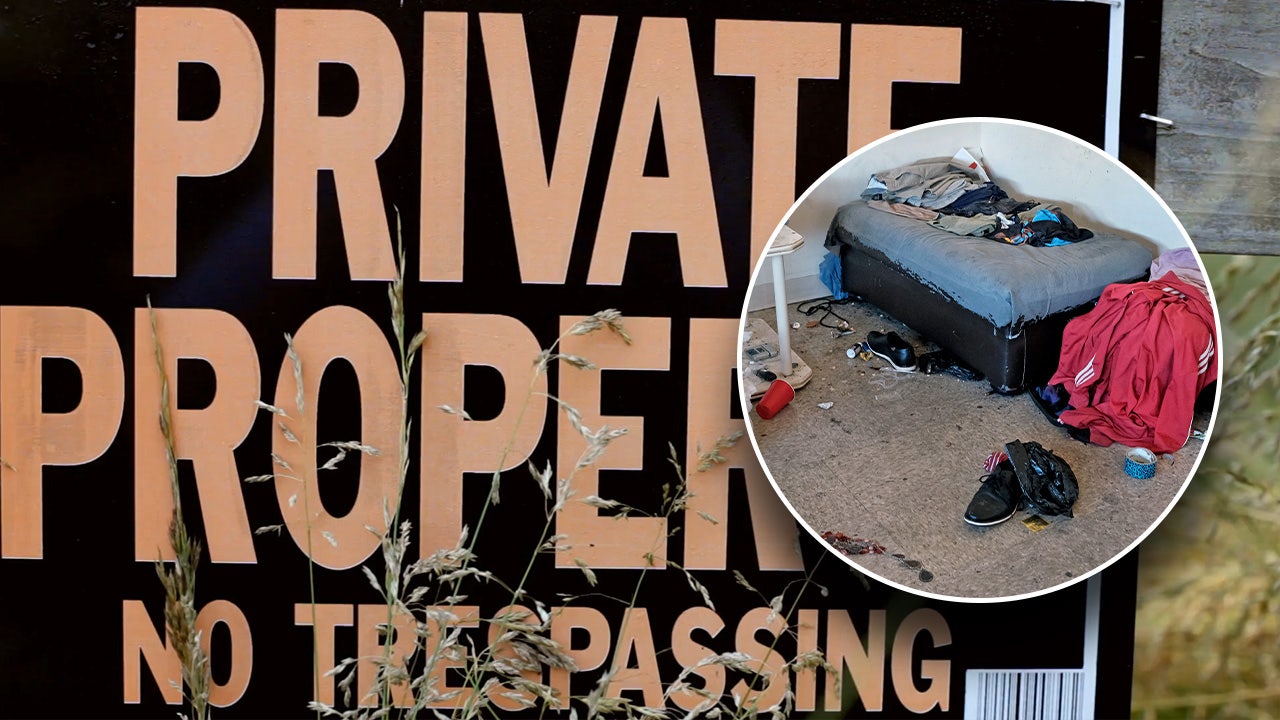It was a legal triumph that nearly matched his political one.
One by one, the criminal cases that had former President Donald Trump potentially facing years of jail time imploded after his election win in November.
Trump's long legal saga of the past few years might not be entirely wrapped up by the time he raises his hand to take the Oath of Office on January 20th, but each will be well on its way to being resolved.
The latest stunning legal win for Team Trump came when a Georgia appeals court ruled that Fulton County DA Fani Willis should be disqualified from his election interference case in Georgia.
But even that decision didn't end the case entirely. The court in its 2-1 decision that it did not dismiss the case, even as legal experts said the prosecution was likely dead.
Willis could appeal the case to the state Supreme Court. Or, even if the ruling stands, there could be prosecutors from another jurisdiction willing to take on the unenviable task of picking up the pieces of the complex racketeering case against Trump and 18 codefendants.
The case exploded over Wills's affair with special prosecutor Nathan Wade, culminating in the ruling that it created an appearance of conflict and Willis couldn't try the case.
As a state matter, the Georgia case is one that Trump would not be able to try to resolve through a pardon process, although that issue appears to be moot.
Meanwhile, Trump's January 6 election interference case in Washington, D.C., fell apart just days after his election win, when Special Counsel Jack Smith put it on ice.
He asked for a one-month delay for his team to 'assess this unprecedented circumstance and determine the appropriate course going forward consistent with Department of Justice policy.'
The latest stunning legal win for Team Trump came when a Georgia appeals court ruled that Fulton County DA Fani Willis should be disqualified from his election interference case in Georgia
A Georgia appeals court ruled that Fulton County DA Fani Willis is disqualified from Trump's election interference case in the state. Experts said it likely killed the prosecution
Longtime guidance from the Justice Department's Office of Legal Counsel bar prosecuting a sitting president, and the case had already dragged on for months while the Supreme Court waited and finally issued a ruling setting up the outlines of presidential immunity from prosecution for official acts.
In late November, Trump asked Judge Tanya Chutkan to dismiss the case 'without prejudice,' which she did.
That came days after New York judge Juan Merchan moved to indefinitely delay Trump's hush money case following his conviction on 34 counts of falsifying business records. An existing Justice Department policy disallows prosecution of a sitting president.
'Just as a sitting President is completely immune from any criminal process, so too is President Trump as President-elect,' wrote lawyer Todd Blanche and lawyer Emil Bove in a filing to Judge Merchan.
Trump has now nominated both of them to top DOJ posts.
In a separate hush money case, where Trump was convicted on 34 counts, Judge Juan Merchan has ruled that Trump does not have presidential immunity.
Special counsel Jack Smith has moved to have the federal election subversion charges against Donald Trump dropped in Washington, D.C.
Once viewed as potentially the most damaging prosecution facing Trump, the classified documents case against him in Florida was the first to fall apart
Merchan ruled the evidence presented in the case earlier this year was related 'entirely to unofficial conduct' and therefore were not official actions as president.
Manhattan DA Alvin Bragg's office has argued the law doesn't require dismissing the case following Trump's election.
That leaves another key decision for Merchan: whether to essentially pause the case for the duration of Trump's presidency, or take some other action in light of Trump lawyers' motion to dismiss the case.
Once viewed as potentially the most damaging prosecution facing Trump, the classified documents case against him in Florida was the first to fall apart, after a Trump-appointed federal judge dismissed it.
His office was in the process of appealing when Trump won the election.
An appeal to the 11th Circuit argued that Judge Aileen Cannon was wrong when she said Smith's own appointment was unconstitutional and dismissed the case.
In late November, the Appeals Court granted Smith's motion to dismiss the case. Trump transition spokesman Steven Cheung took a victory lap at the time.
'Today's decision by the DOJ ends the unconstitutional federal cases against President Trump and is a major victory for the rule of law,' he said.
With the criminal cases against Trump all shattered in one form or another after his election win, the live cases on the docket are those Trump has filed demanding damages for what he calls media bias and 'witch hunts' against him.
The criminal cases against Trump all shattered in one form or another after his election win
Trump is suing CBS and other entities over what he considers unfair and impermissible treatment
He is suing the DOJ for $100 million over the FBI's search of Mar-a-Lago in the classified documents case.
And he is suing CBS and other entities over what he considers unfair and impermissible treatment.
Trump may be emboldened by winning $15 million from ABC News and $1 million in legal fees over a George Stephanopoulos interview where the host inaccurately called him liable for rape, when a New York jury had in fact found him liable for sexual abuse of writer E. Jean Carroll.
Trump is appealing the outcome of the Carroll case in New York City.

 By Daily Mail (U.S.) | Created at 2024-12-26 18:51:30 | Updated at 2024-12-27 10:11:23
15 hours ago
By Daily Mail (U.S.) | Created at 2024-12-26 18:51:30 | Updated at 2024-12-27 10:11:23
15 hours ago




![[Nefarious Activities via Manipulating CRS Reports to Congress] Revisiting the Congressional Research Service 2016 nbC Report](http://www.freerepublic.com/images/shotheard.jpg)



